The West Africa Food System Resilience Programme (FSRP) has mobilised 120 Agricultural Extension Agents (AEAs), 56 Schedule Officers and 56 District Directors of Agriculture to propagate and drive Environmental and Social Risk Management (ESRM) practices to farmers within the Southern, Middle and Northern zonal areas under FSRP project sites. They have also received comprehensive guidance on gender concepts and analysis and handling of gender-related occurrences.
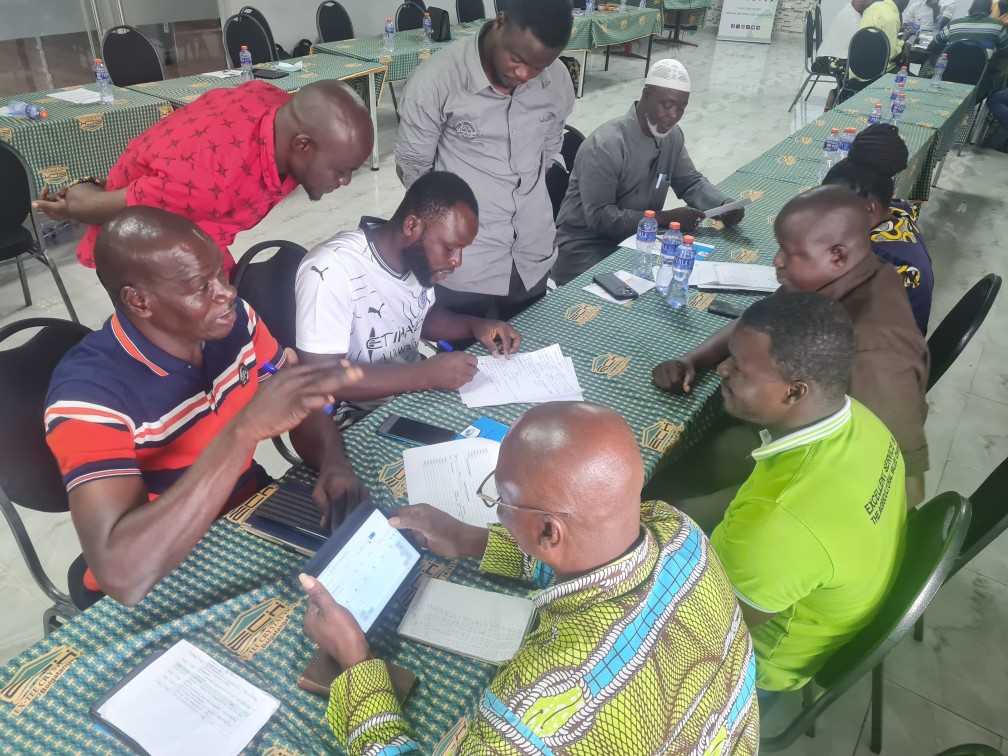
World Bank Requirement
FSRP is required under the World Bank Environmental and Social framework (ESF) and Ghana’s national environmental requirements to ensure that all project activities conform to the requirements of the framework by conducting all project activities in an environmentally sustainable and socially acceptable manner. In instances where there are gaps in any of the policies, the more stringent policy of the two is applied. Moreover, to competently manage stakeholders’ expectations, the scope of the project must be adequately broken to stakeholders’ understanding.
FOCUS
The mobilised officials would guide farmers to comply with ESRM requirements and mainstream gender dimensions into all project activities. They are also to play monitoring roles in that regard and alert FSRP’s Project Implementation Unit for timely redress of stakeholders’ concerns on project activities.
Key Pointers
In line with this, participants were introduced to the World Bank Environmental and Social Framework (ESF), Environmental and Social Commitment Plan (ESCP), Stakeholder Engagement Plan (SEP), Labour Management Procedure (LMP), Integrated Pest Management Plan (IPMP), Sexual Exploitation and Abuse/Sexual Harassment (SEA/SH).
The environmental and social standards sessions looked at: Assessment and management of environmental and social risks and impacts; labour and working conditions; resource efficiency and pollution prevention and management; community health and safety; land acquisition, restrictions on land use and involuntary resettlement, biodiversity conservation and sustainable management of living natural resources; indigenous peoples/sub-Saharan historically underserved traditional local communities; cultural heritage; financial intermediaries. Stakeholder engagement and information disclosure.
Sensitive & Charged Discussions on Gender
FSRP is expected to achieve a 40% women inclusion in all project activities according to the Gender Strategy developed for the project. Ghana’s Gender Action Plan to achieve this objective requires that all implementing partners are trained to be intentional in mainstreaming gender in all projects sub-projects.
The gender session which covered basic concepts of gender, gender analysis tools, seasonal calendar, daily activity chart, gender division of labour and extension advisory services, generated charged emotive discussions among participants, especially over the stereotyped domestic roles of the genders. The discussion highlighted low levels of women’s productivity in agriculture. in comparison to their male counterparts. Challenges identified included time and mobility constraint, low access to financial assets, a lack of sustained access to land, etc. Moreover, most women see themselves as farmers’ wives rather than farmers which poses challenges in agricultural extension advisory services.
Pivotal Role of Directors Schedule Officers & AEAs
District Directors, Schedule Officers and AEAs are the frontline implementors of all FSRP activities at the district level as they play key roles in the selection of value chain players (especially farmers) who participate in the project activities, organize beneficiaries/farmers for project engagements, promotion of the proposed climate smart technologies and practices, guide project contractors in the field and the distribution of project inputs to farmers. Their roles give them direct contacts with these value chain players on a more regular basis than any implementing partner or ESRM managers can have with stakeholders who are expected to adhere to the requirements of the ESSs as captured in the ESCP. They therefore have great influence on how beneficiaries will adhere to these requirements as they are considered the transmitters of knowledge and information from the project.
Specialists’ Advice
The FSRP Environmental Risks Specialist, Ms. Emelda Adii prompted participants that,
some stakeholders see projects as risk factors that must be avoided and will therefore not be willing to participate in project activities. There is therefore the need to engage them with more clear messages, in a transparent manner, regularly and taking into consideration their fears and expectations. She also stated that any development which did not take into consideration environment and social risk management is a disaster in waiting. The implementation of these ESF requirements will promote better and lasting development outcomes.
The FSRP Social Risks Specialist, Adu Nyarko Andorful prompted them that, project sites cannot use bond labour such as prisoners, even if they are willing to do the work. He also stated that child labour is not allowed at project sites and such cases must be reported to FSRP. The acceptable age limit of for children to engage in project activities is 14 years.
He announced that any project grievance raised by stakeholders are resolved by the grievance committees in their districts.
[Bolgatanga, October 2024]
ABOUT FSRP
The Economic Community of West African States (ECOWAS) and the World Bank Group, having identified common natural and social phenomena which impede food production and distribution in the sub region (like floods, droughts, the spread of pests, livestock diseases, pandemics and civil wars), have found it expedient to coordinate efforts among its member nations to strengthen food system risk management in the sub region. This is being carried out across the region, through the West Africa Food System Resilience Programme (FSRP). The programme’s development objective is “to increase preparedness against food insecurity and build resilience of food systems in participating countries”. Participating countries include Ghana, Togo, Burkina Faso, Mali, Niger, Chad, Sierra Leone, and Senegal.
In line with this, FSRP, which in Ghana is being driven through the Ministry of Food & Agriculture, is rolling out a combination of adaptive, innovative and sustainable interventions to arm vulnerable households, families, farmers and communities to withstand uncertainty and shocks in food production and distribution in the sub-region.
FSRP Ghana is focusing primarily on the intensified production, marketing and consumption of wholesome Rice, Maize, Broiler Poultry, Soyabeans and Tomatoes.
To that end, preparations are fast advancing to construct or refurbish pivotal value chain facilities across the country, including: veterinary-based laboratories; plant-based laboratories; a seed bank; inner valleys; irrigation schemes; selected border posts; warehouses and markets (for cross-border bulk trade). FSRP is also supporting anchor poultry farmers with input credit for day-old chicks, vaccines, feed and matching grants; and supporting crop farmers with climate smart seeds and fertilizers; promoting innovative and smart technologies (which are climate-smart and youth/gender-sensitive); conducting pest and diseases surveillance; and installing Automated Weather Stations for agric-focused and location specific weather forecasts.
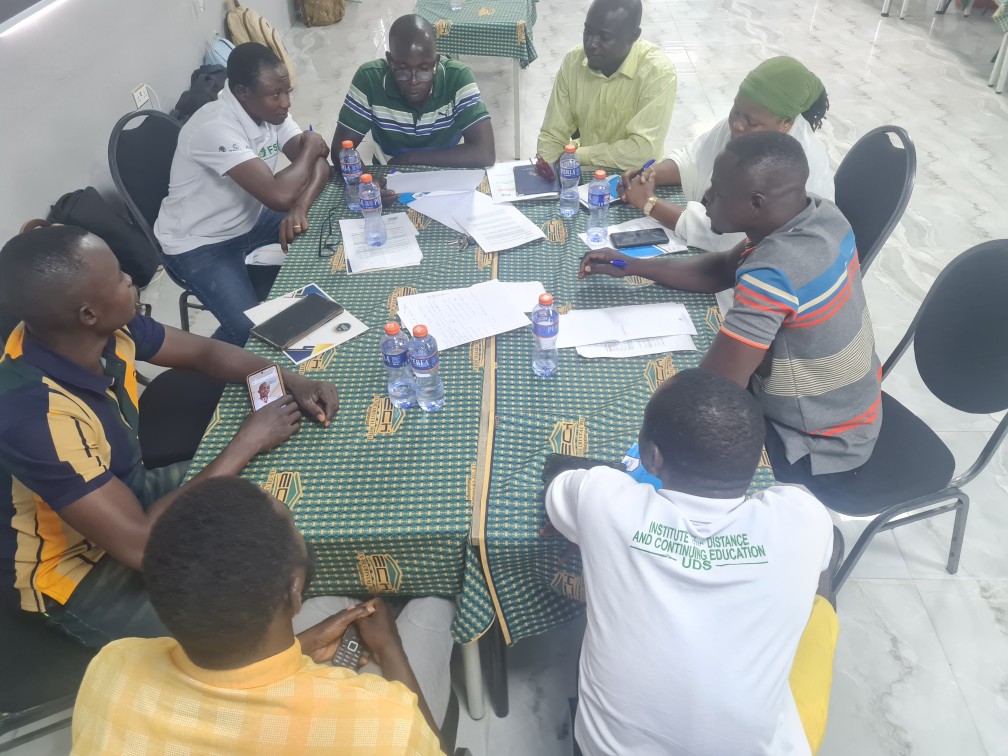

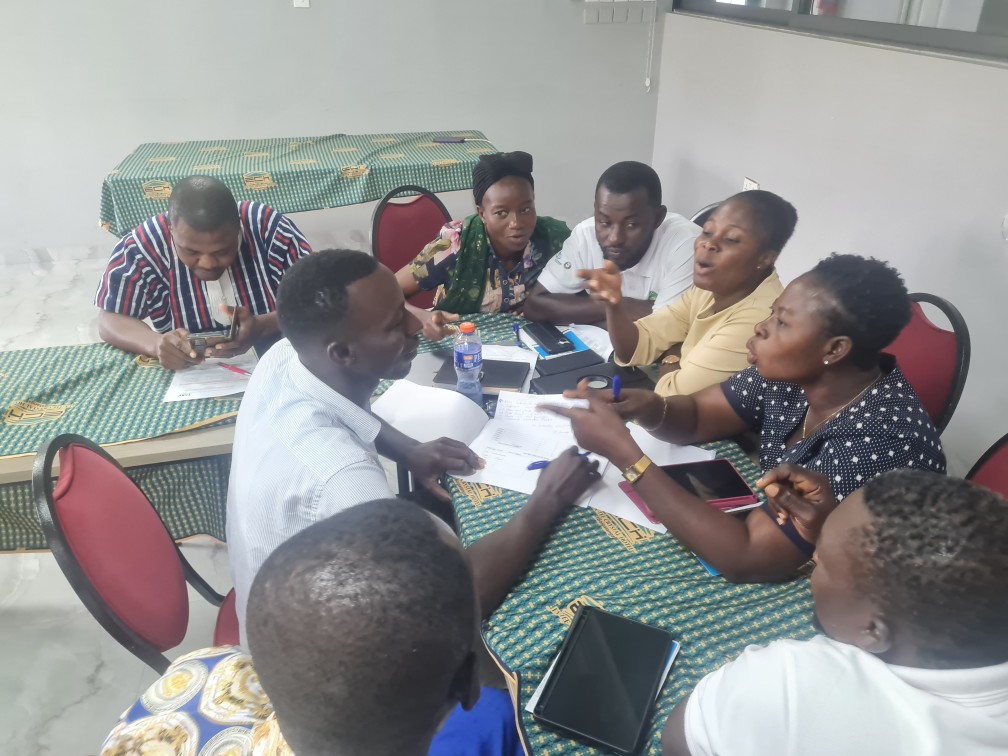
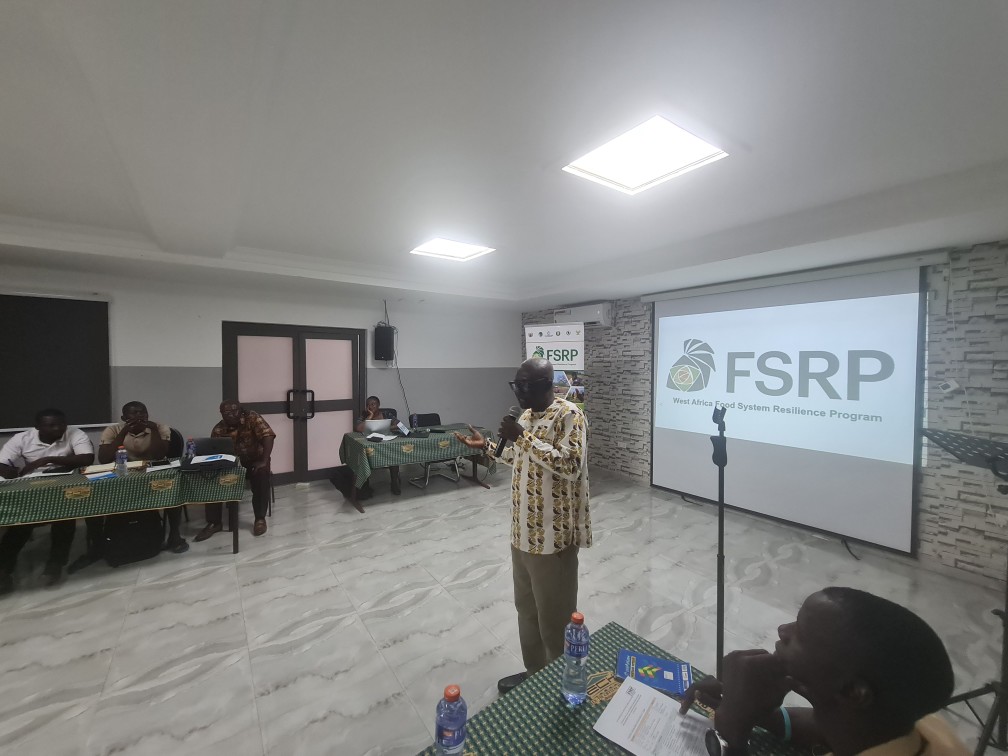


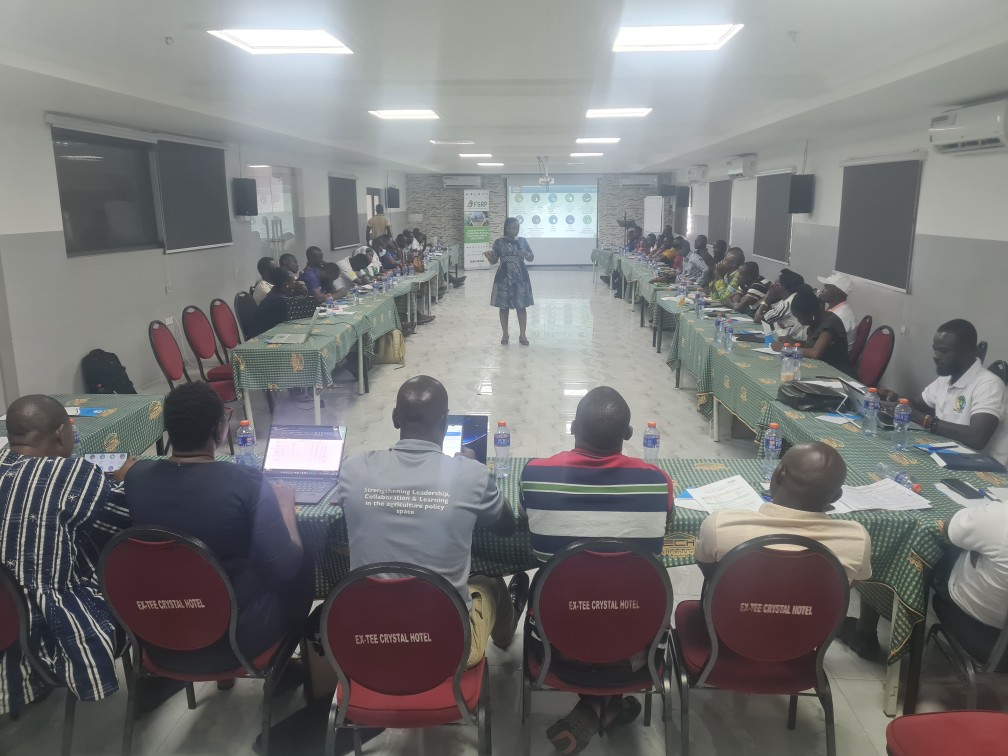
Leave a comment
Comments (0)
No comments yet. Be the first to comment!